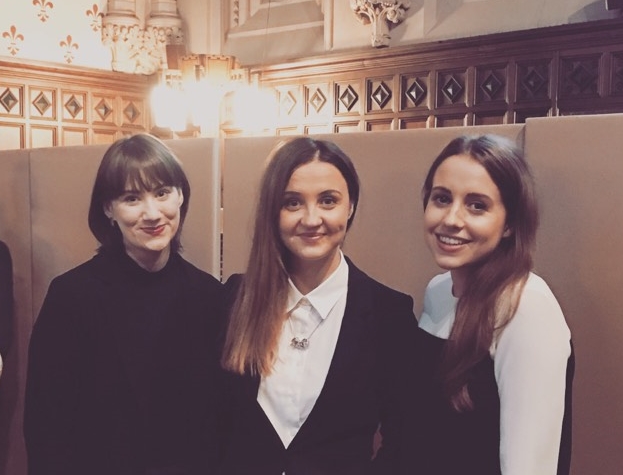 Too often, the law can be seen as an instrument used to preserve the status quo, maintain tradition and protect privilege. Consequently, we, as lawyers, can appear as the guardians of vested interests - charged with the responsibility to conserve privilege.
We live in an increasingly unequal society. When written, interpreted and applied solely by elite groups, the law will always be ill-equipped to serve those most reliant on its protections, and will instead serve mainly the privileged and the powerful.
Too often, the law can be seen as an instrument used to preserve the status quo, maintain tradition and protect privilege. Consequently, we, as lawyers, can appear as the guardians of vested interests - charged with the responsibility to conserve privilege.
We live in an increasingly unequal society. When written, interpreted and applied solely by elite groups, the law will always be ill-equipped to serve those most reliant on its protections, and will instead serve mainly the privileged and the powerful.
‘Rebellious lawyering’, a concept first coined in 1992 by Gerald Lopez in his book of the same name, seeks to challenge this notion by asking how the law can be used as a tool to deliver social justice. Originating at Yale Law School, RebLaw is now the largest student-run public interest conference in the United States. It is held annually at Yale and the University of Law, London and is based on Lopez’s concept. This year, for the first time, we are bringing RebLaw to Scotland.
In Scotland, we are now some of the most politically engaged people in Europe (if not the world) and discussions about creating a fairer society are threaded through our conversations, front pages and news-feeds. We believe that, in this context, lawyers need a place to gather and discuss how we, working with under-served communities, can use our skill-set to begin to right social wrongs.
On 11 November 2017, the Scottish legal community will convene at the University of Glasgow School of Law, putting their minds together to tackle a range of pressing issues from domestic abuse and austerity to homelessness, forced marriage and human trafficking - to name but a few.
With a proud history of rebellious lawyering in Glasgow and in Scotland and with so many great minds coming together, we are expecting big things of RebLaw Scotland 2017 and look forward to welcoming the delegates who have helped us sell out 3 times over, on Saturday.
As we move towards this event, we have in mind those great episodes in history, where a seismic shift occurred and where the law was instrumental in progressive change. Be it the abolition of slavery, introduction of universal suffrage, criminalisation of martial rape or the equalisation of marriage, each and every one relied upon someone or a group of people being bold enough to challenge the status quo, to stand up for those whose rights were being ignored or undermined.
 As legal students, trainees and practitioners we are in a very fortunate position. It is a great honour to be a Scots lawyer. By entering our field - studying and working as we have, we have equipped ourselves with knowledge and in doing so, have equipped ourselves with power. Let us now resolve to use that power today, for the fairer more equal society that we seek, tomorrow.
As legal students, trainees and practitioners we are in a very fortunate position. It is a great honour to be a Scots lawyer. By entering our field - studying and working as we have, we have equipped ourselves with knowledge and in doing so, have equipped ourselves with power. Let us now resolve to use that power today, for the fairer more equal society that we seek, tomorrow.
RebLaw Scotland 2017 organisers: Seonaid Stevenson, Mairi McAllan and Katy MacAskill